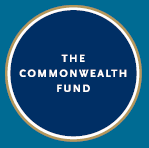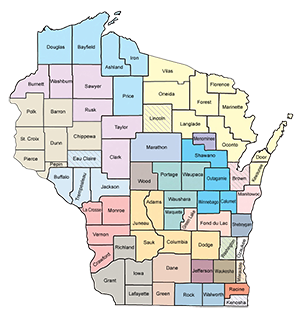 A new report from the Commonwealth Fund, Systems of Care Coordination for Children: Lessions Learned Across State Models by Sharon Silow-Carroll and Gretchen Hagelow, discusses lessons learned from promising models of referral and care coordination in five states. Referral and care coordination includes: referring families to appropriate community or state programs, helping coordinate their care, providing support and follow-up to ensure they receive needed services, and providing a feedback loop to primary care providers.
A new report from the Commonwealth Fund, Systems of Care Coordination for Children: Lessions Learned Across State Models by Sharon Silow-Carroll and Gretchen Hagelow, discusses lessons learned from promising models of referral and care coordination in five states. Referral and care coordination includes: referring families to appropriate community or state programs, helping coordinate their care, providing support and follow-up to ensure they receive needed services, and providing a feedback loop to primary care providers.
Common features of successful programs include:
- Maximizing efficiencies through shared resources,
- Leveraging and partnering with other organizations,
- In-depth involvement with pediatric practice staff,
- Appropriate training and tools,
- Flexible program design,
- Measurement and evaluation, and
- A holistic approach to care.
There are few organized systems of referral and care coordination for children and families identified with early developmental delays, complex medical conditions, and difficulties negotiating the medical and related support systems and the report’s findings point to a need for greater identification and dissemination of best practices and technical assistance, stable funding sources, and integration of care coordination into new models of health care financing and delivery.

